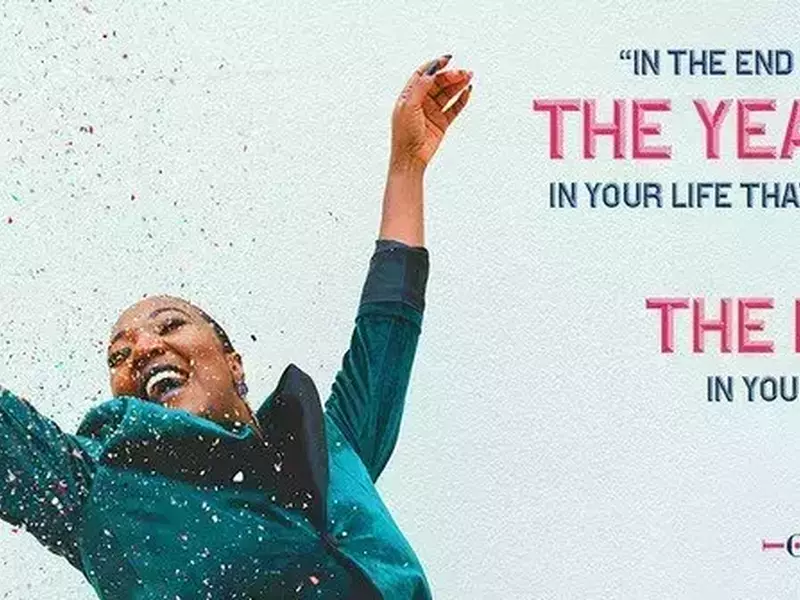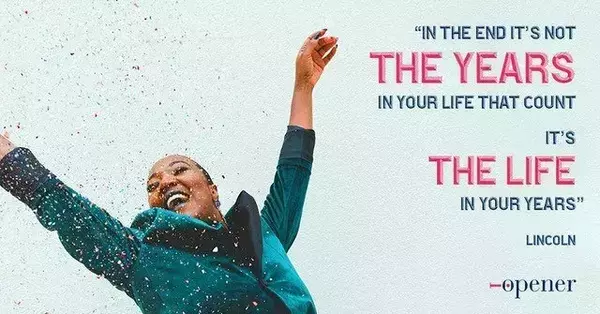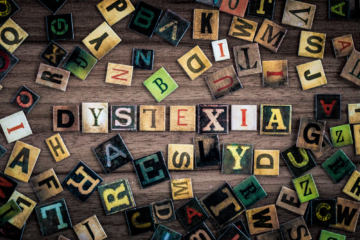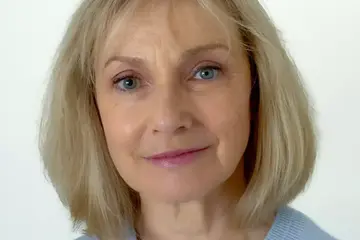
New normal, new you?
I enjoyed an article in The Sunday Times called ‘The New Normal’ by Professors Andrew J Scott and Professor Lynda Gratton. It is based on extracts from their highly anticipated new book: The New Long Life: A Framework for Flourishing in a Changing World which launched this week. I can’t wait to get started on the book but before I do, I wanted to share what I took from the article.
Coronavirus is a dramatic stress test…and a clear lens
Scott and Gratton write that the coronavirus has been a ‘dramatic stress test.’ It’s true. Both our personal resilience and our ability to cope as a society have been stretched in a unique and unprecedented way. While the ‘stress test sensation’ does not feel particularly pleasant while we’re going through it, it does reveal many valuable things if we’re willing to see them: the kinds of people we need in our lives, the kind of companies we want to work for or run, the kind of leaders who inspire us. So for that reason, we may see it as a lens which gives us a much clearer view of our lives.
A more fluid sense of identity…and balance
Over the course of a single working day, I can guarantee that you’ll see more than just your colleague in front of a webcam. A child might wander into the background so you’ll see a parent. Their home phone might ring, so you’ll see a friend respond in a time of need. You might hear banging in the background, so you’ll see someone managing a renovation and realising their creative vision. We are seeing our colleagues –and our colleagues are seeing us – as more than just one thing. This realisation might encourage us to adopt what the pair call ‘a fluid sense of identity’. It might cause us to reflect on who we are – and how we ensure that we successfully balance those roles.
‘Exploring a wider array of “possible selves”…and the tools you need to develop
We cannot ignore the fact that the coronavirus has had a devastating impact on people’s lives, in particular their jobs and businesses. What I’m seeing as a general trend is echoed in the article: ‘those who have lost their job will be urgently trying to create a future possible self or selves.’ Over the past few years, we’ve seen the concept of the ‘portfolio career’ rise in popularity. This might well accelerate as a result of coronavirus. More and more people are turning to portfolio careers because of the autonomy it gives them. For some it enables a better work/life balance, for others want to develop new skills. It’s worth investing in the tools which enable you to create a portfolio that gives you what you need to be fulfilled.
Lifting the veil of ignorance…and taking the time to understand people’s lives
An acquaintance once told me that their Managing Director insisted they go into the office on Christmas Eve to ‘man the fort’ despite the fact that no one else in the company was physically in the office. After their shift, they faced a long, tiring drive to Manchester to be with their family. Even after a couple of months of lockdown, the way the MD behaved seems… antiquated. The pandemic has shown us that we are much better able to work remotely than it was once thought, and perhaps it will encourage us to think more about the relationship between work and our personal lives, how fluid or separate they need to be.
Living longer….and what is ‘old’, anyway?
The pair write that an 80-year-old today can expect to live for another decade. This forces us, firstly, to reconsider what we consider to be ‘old’. This realisation might also prompt us to think of how we might continue to reinvent ourselves past retirement given the reality of how long we now expect to live.’ The pair also believe that the coronavirus might kickstart a health aging agenda – so our quality of life will be preserved for longer, meaning we’re better able to turn our hand to new things. We can do ourselves a favour now but starting to think about the skills and tools we’ll need to continually evolve and transition.




